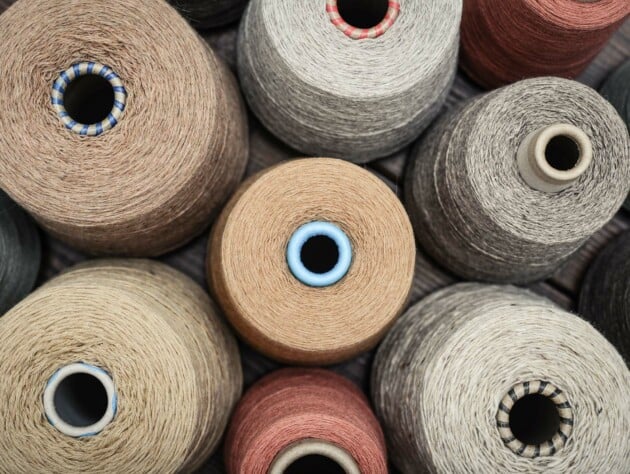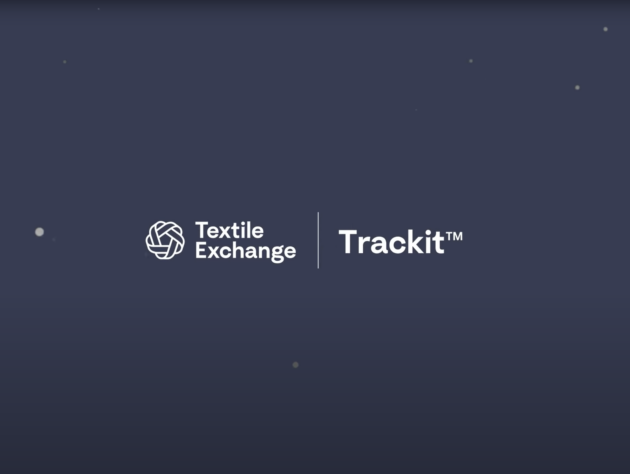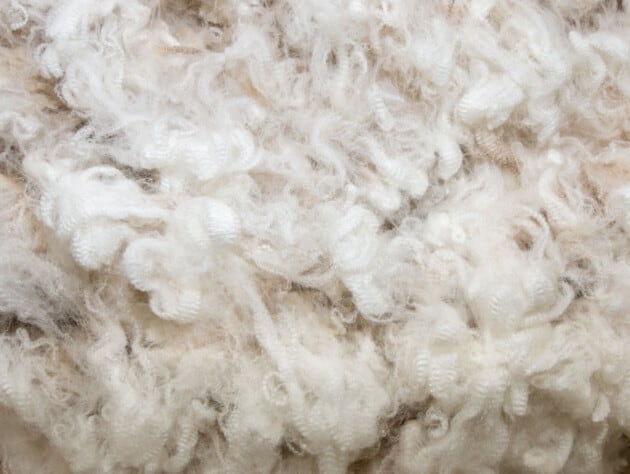Trackit paves the path for the industry to achieve its climate goals

CHALLENGES
Less than half of the brands with sustainability targets can trace their value chains.
Traceability is key to demonstrating and driving positive impacts on the ground. But while majority of the top brands have sustainable material targets for the 2030 goals, according to a 2019 UNECE study, only 34% can trace their value chains, of which only half have visibility to their immediate suppliers.

TRACEABILITY
Site, transaction, and physical product verification are key elements of traceability
We have identified three levels of verification (site, transaction, and physical product) that work together to provide the elements of traceability needed to give consumers confidence in a final product. Our chain of custody covers site and transaction-level verification. Brands and suppliers that need additional assurance can opt for physical product verification.

SOLUTION
Trackit helps brands credibly track certified materials
Trackit is a traceability program developed for our standards. It leverages our chain of custody, the Content Claim Standard, to trace third-party certified materials across the supply chain. Trackit centralizes site-level verification and offers two alternatives to transaction verification: Digital Trackit (dTrackit) traces certified materials by digitalizing transaction certificates, and Electronic Trackit (eTrackit) traces certified materials online via eTransactions.

CHOICE
We are offering brands a choice on how they want their transactions traced
The textile supply chain is complex and there is no one system that fits all traceability needs. Trackit offers brands a choice on how they want their third-party verified transactions traced across the supply chain.
dTrackit relies on transaction certificates for traceability. Transaction certificates are the current norm – they are flexible and cater to the fragmented and dynamic nature of the fashion, textile, and apparel supply chains.
eTrackit on the other hand, uses eTransactions to trace materials on a single platform that all suppliers must use. The workflow of eTransactions between suppliers is configured on a set of business rules, which allows for the system to automatically validate the input, processing, and output of products in bulk, making it great for stable supply chains with large volumes but less flexible for dynamic and fragmented supply chains that operate on disparate rules.
Creating a centralized space for certification data
Digital Trackit (dTrackit) allows brands certified to our standards to access their scope certificates, transaction certificates, and traceability data in one central place to ease the existing burden of manually collecting this data from suppliers. Supply chains that are not ready for eTransactions can continue using transaction certificates but with enhanced integrity and capabilities made possible by the centralization of data.

Increasing efficiency and integrity in traceability
Electronic Trackit (eTrackit) uses new technologies to increase efficiency and integrity in traceability. It tracks the volume of certified material for each product (rather than the entire transaction) online via eTransactions, shows real-time digital inventory as it is entered, and ensures peer-to-peer validation of transactions within a closed-loop supply chain.

TIMELINE
Textile Exchange Traceability Roadmap
At Textile Exchange, we are transforming our traceability system as a key part of our evolving standards. The Traceability Roadmap outlines our vision for the ideal system state and provides a phased rollout timeline for the industry. It clarifies the delivery mechanisms for data, and outputs that support tracking certified material, attributes, impact information, and volumes.
dTrackit was the initial step in the Trackit system, designed to authenticate and track scope and transaction certification. Over the past few years, we’ve worked to enhance data integrity and traceability while minimizing disruption to the existing certification process. Today, dTrackit is accessible to brands for tracking certified materials.
In parallel, we’ve been developing eTrackit, which traces certified material at a more granular level through entirely online eTransactions. In September 2024, eTransactions became operational, allowing transactions of GRS or RCS certified materials to flow through the initial eTrackit platform, TextileGenesis.
Textile Exchange is now moving into the next phase of the roadmap—building a multiparty system. This phase will provide a central access to and connect our two-tiered system—dTrackit and eTrackit—across existing technology platforms in the industry, while ensuring the integrity and credibility of our standards.
TECHNOLOGY PROVIDERS
Trackit multi-party traceability system pilot
The Trackit multiparty traceability system pilot, running throughout 2025, aims to test an interoperable
traceability framework that connects both dTrackit and eTrackit and functions seamlessly across diverse
technology platforms.
Application to participate as eTrackit tech provider in this pilot is now closed, and we extend our gratitude to all tech providers who expressed interest in collaborating. The selection process was focused on ensuring the most strategic fit for this pilot stage and does not assess the overall capability or merit of the tech platform.
Textile Exchange is excited to collaborate with Peterson Technologies, Retraced, TextileGenesis, and TrusTrace to test out this framework and looks forward to reopening the application process to engage with additional providers following the successful completion of this project.
Please email trackit@textileexchange.org for opportunities to stay informed about this project
Learn More
How does it fit with the evolution of our standards?
As we transition towards a more harmonized, outcome-focused standard system, our Content Claim Standard chain of custody, and therefore Trackit traceability program, will remain the backbone that links raw material practices and outcomes to facility-level material tracking and processing from source to product.
Frequently Asked Questions
If you have a question not answered here, get in touch with us directly, and we’ll be happy to answer it for you.